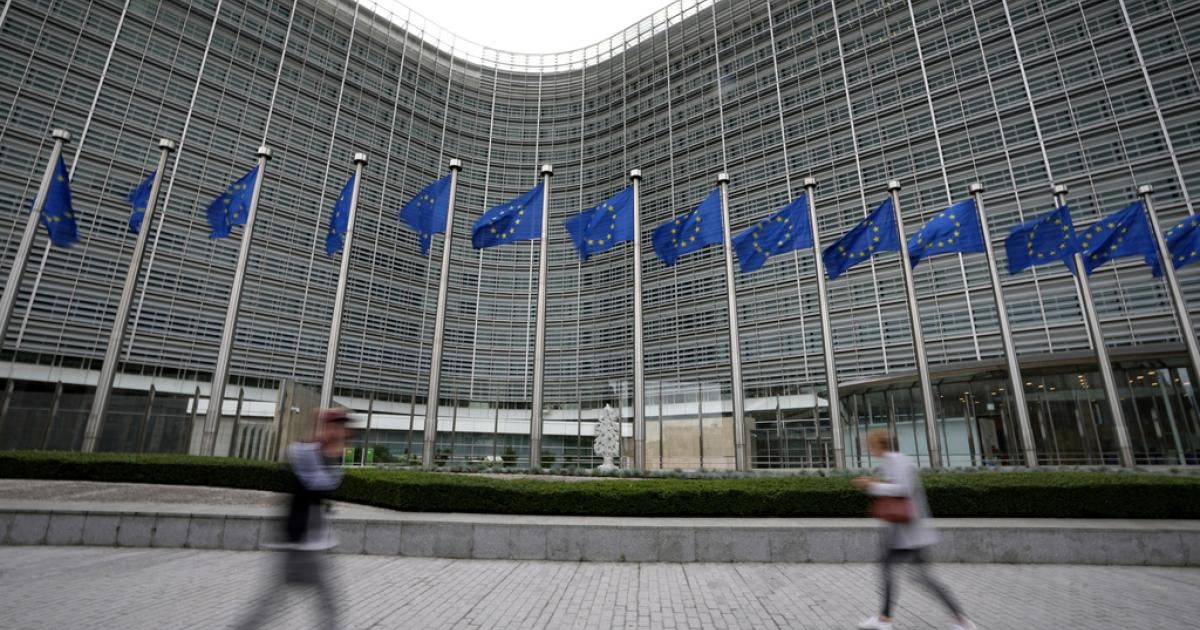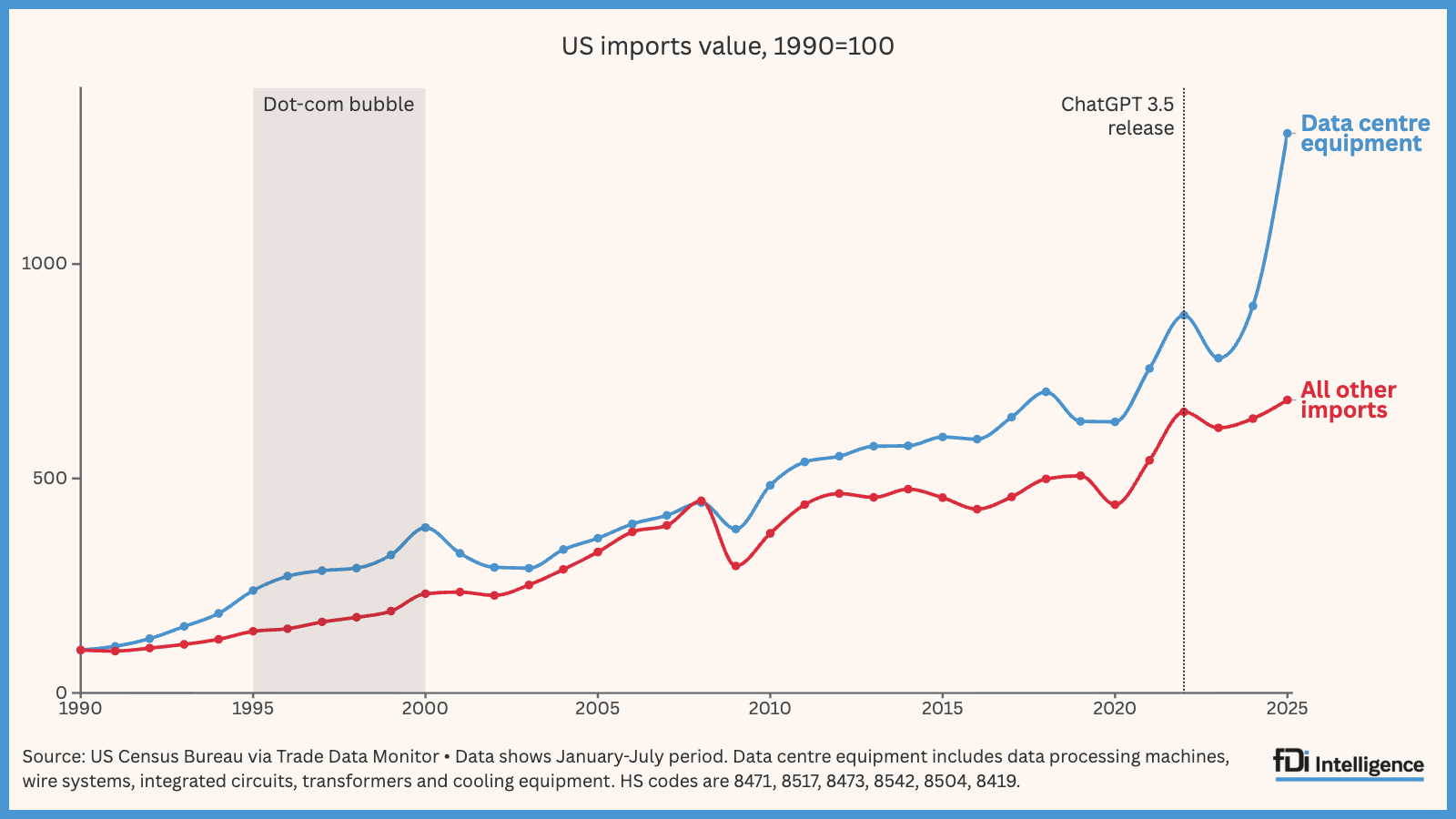Report on Utah’s Initiatives for Sustainable Political Discourse and Institutional Strength
Executive Summary
Recent initiatives in Utah demonstrate a significant commitment to fostering depolarization and strengthening civic institutions, aligning with key United Nations Sustainable Development Goals (SDGs). Efforts are centered around promoting dignified public discourse through multi-stakeholder collaborations involving state government, academia, and civil society. This report outlines these activities, with a particular focus on their contributions to SDG 16 (Peace, Justice and Strong Institutions), SDG 4 (Quality Education), and SDG 17 (Partnerships for the Goals).
- State leaders are advocating for a principle-based approach to governance to ensure long-term institutional health, a core tenet of SDG 16.
- The Dignity Index, a tool to analyze political rhetoric, has been established as a central component of these efforts, with its co-founder clarifying its role is not for government censorship but for cultural change.
- A strategic partnership between the Dignity Index and the University of Utah exemplifies SDG 17, leveraging academic resources to advance goals of peaceful and inclusive societies, directly supporting SDG 4.
Promoting Peace, Justice, and Strong Institutions (SDG 16)
Utah’s initiatives aim to build more effective, accountable, and inclusive institutions by improving the quality of political dialogue. This directly supports SDG 16, which calls for the promotion of peaceful and inclusive societies for sustainable development.
Key Governmental Perspectives
- Lt. Gov. Deidre Henderson stated that the long-term health of political institutions requires prioritizing foundational principles, such as civility and collaboration, over short-term policy victories.
- Henderson identified the Utah Legislature’s practice of including the minority party in deliberations as a model for process-oriented governance that strengthens community and institutional integrity.
- She emphasized that countering contemptuous political behavior is an individual responsibility, suggesting that meeting contempt with love is the most effective form of protest for fostering a healthier civic environment.
The Dignity Index Initiative
The Dignity Index serves as a primary tool in these efforts, designed to foster a political culture that recognizes the humanity of opponents, thereby reducing societal divisions.
- Co-creator Tim Shriver emphasized that the index is a tool for cultural change, encouraging inward reflection on one’s own rhetoric rather than a mechanism for external regulation.
- Shriver confirmed that the government will have no role in using the index to regulate speech, stating its purpose is to increase engagement with diverse viewpoints.
- The index provides an eight-point scale to evaluate rhetoric, highlighting speech that demeans others and promoting discourse that respects human dignity.
Enhancing Quality Education and Lifelong Learning (SDG 4)
The integration of these initiatives within the state’s higher education system highlights a commitment to SDG 4, which aims to ensure inclusive and equitable quality education and promote lifelong learning opportunities. The University of Utah has become a central partner in this endeavor.
- The University of Utah now houses the first Dignity Index office at the Kem C. Gardner Policy Institute, with an annual budget of $400,000 for staff and resources.
- This partnership has produced research, including a 2024 study on voter reactions to presidential campaign rhetoric, with plans for a national survey on dignity in politics.
- Amanda Covington, Utah System of Higher Education Board Chair, noted that universities are ideal environments for fostering a culture of free expression, rigorous debate, and human connection, positioning higher education as a vital contributor to societal cohesion and sustainable development.
Challenges and Stakeholder Concerns
Despite broad support, the initiatives face scrutiny and concerns from various stakeholders, highlighting the complexities of implementing programs aimed at modifying public discourse.
- Questions were raised regarding the effectiveness of promoting dignity when prominent political figures engage in divisive rhetoric.
- Conservative activist Jamie Renda expressed concern that the Dignity Index, particularly in an educational context, could discourage the expression of bold truths and lead to prioritizing politeness over principle.
- Renda challenged the notion of separating policy from principle, arguing that policy is the tangible representation of one’s principles and should not be compromised for the sake of process.
Analysis of Sustainable Development Goals in the Article
1. Which SDGs are addressed or connected to the issues highlighted in the article?
The article primarily addresses issues related to three Sustainable Development Goals (SDGs):
- SDG 4: Quality Education – The article discusses the role of educational institutions, specifically the University of Utah, in fostering civil discourse, free expression, and providing a platform for initiatives like the Dignity Index.
- SDG 16: Peace, Justice and Strong Institutions – This is the most central SDG in the article. The text revolves around themes of reducing political violence, promoting peaceful and inclusive societies, encouraging cross-partisan dialogue, and strengthening political institutions through principles of civility and collaboration.
- SDG 17: Partnerships for the Goals – The article highlights collaborations between different sectors to achieve the goal of depolarization, such as the partnership between a public university and a civil society initiative, and a coalition of non-profits.
2. What specific targets under those SDGs can be identified based on the article’s content?
-
SDG 4: Quality Education
- Target 4.7: “By 2030, ensure that all learners acquire the knowledge and skills needed to promote sustainable development, including, among others, through education for… a culture of peace and non-violence, global citizenship and appreciation of cultural diversity…”
Explanation: The article highlights the University of Utah’s role in creating “places for human connection” and reinvigorating “a culture of free expression and rigorous debate.” The Dignity Index, housed at the university, is a tool designed to teach and promote respectful dialogue, which directly contributes to education for a culture of peace and non-violence.
- Target 4.7: “By 2030, ensure that all learners acquire the knowledge and skills needed to promote sustainable development, including, among others, through education for… a culture of peace and non-violence, global citizenship and appreciation of cultural diversity…”
-
SDG 16: Peace, Justice and Strong Institutions
- Target 16.1: “Significantly reduce all forms of violence and related death rates everywhere.”
Explanation: The article is framed by the “assassination of conservative organizer Charlie Kirk,” a clear act of political violence. All subsequent efforts mentioned, such as the call for an “off-ramp from outrage” and the promotion of dialogue, are direct responses aimed at reducing the toxic political climate that can lead to such violence. - Target 16.6: “Develop effective, accountable and transparent institutions at all levels.”
Explanation: Lt. Gov. Henderson’s statement that leaders have “strayed from the founders’ vision of a country where institutions are built and strengthened by ‘personal and civic virtue’” directly addresses the need for more effective institutions. Her praise for the Utah Legislature’s process of including the minority party is presented as an example of a stronger, more effective institutional practice. - Target 16.7: “Ensure responsive, inclusive, participatory and representative decision-making at all levels.”
Explanation: The article provides a specific example of this target in action: “the Republican supermajority involves Democrats in their deliberations even though they do not need to.” This practice demonstrates a commitment to inclusive and participatory decision-making beyond what is structurally required. - Target 16.10: “Ensure public access to information and protect fundamental freedoms, in accordance with national legislation and international agreements.”
Explanation: The article discusses the importance of free speech. Tim Shriver states he hopes the Dignity Index will “increase free speech by encouraging people to engage with other viewpoints,” and Amanda Covington notes that universities can “reinvigorate a culture of free expression.” This focuses on protecting and enhancing the fundamental freedom of expression.
- Target 16.1: “Significantly reduce all forms of violence and related death rates everywhere.”
-
SDG 17: Partnerships for the Goals
- Target 17.17: “Encourage and promote effective public, public-private and civil society partnerships…”
Explanation: The article explicitly describes a partnership between the University of Utah (a public institution) and the Dignity Index (a civil society initiative), which resulted in “its first office housed at the Gardner Institute.” It also mentions a “coalition of peacemaking nonprofits” launching a new initiative, showcasing civil society partnerships.
- Target 17.17: “Encourage and promote effective public, public-private and civil society partnerships…”
3. Are there any indicators mentioned or implied in the article that can be used to measure progress towards the identified targets?
Yes, the article mentions and implies several indicators:
- The Dignity Index’s eight-point scale: This is a directly mentioned quantitative tool “to call out political rhetoric that demeans others and to highlight speech that recognizes the human dignity of opponents.” It serves as a direct indicator for measuring the quality of public discourse (relevant to Target 16.10).
- National Surveys: The article mentions “plans for a national survey in coming months on how Americans view the concept of dignity in politics.” The results of such surveys would be a key indicator of public sentiment and progress (relevant to Target 16.7 and 16.10).
- Establishment of Partnerships and Programs: The creation of the Dignity Index office at the University of Utah, with its associated annual cost of “$400,000,” is a concrete indicator of investment and commitment to these goals. The formation of a “coalition of peacemaking nonprofits” is another such indicator (relevant to Target 17.17).
- Curriculum Integration: The concern raised about the “Dignity Index training K-12 educators and expanding into higher education” implies that the extent of its integration into educational systems can be used as an indicator of progress towards educating for a culture of peace (relevant to Target 4.7).
- Incidence of Political Violence: The article begins with an assassination, implying that a reduction in such events would be the ultimate indicator of success in reducing all forms of violence (relevant to Target 16.1).
4. Table of SDGs, Targets, and Indicators
| SDGs | Targets | Indicators Identified in the Article |
|---|---|---|
| SDG 4: Quality Education | 4.7: Ensure learners acquire knowledge and skills to promote a culture of peace and non-violence. |
|
| SDG 16: Peace, Justice and Strong Institutions | 16.1: Significantly reduce all forms of violence. |
|
| 16.6 & 16.7: Develop effective, inclusive, and participatory institutions. |
|
|
| 16.10: Ensure public access to information and protect fundamental freedoms. |
|
|
| SDG 17: Partnerships for the Goals | 17.17: Encourage and promote effective public, public-private and civil society partnerships. |
|
Source: deseret.com






